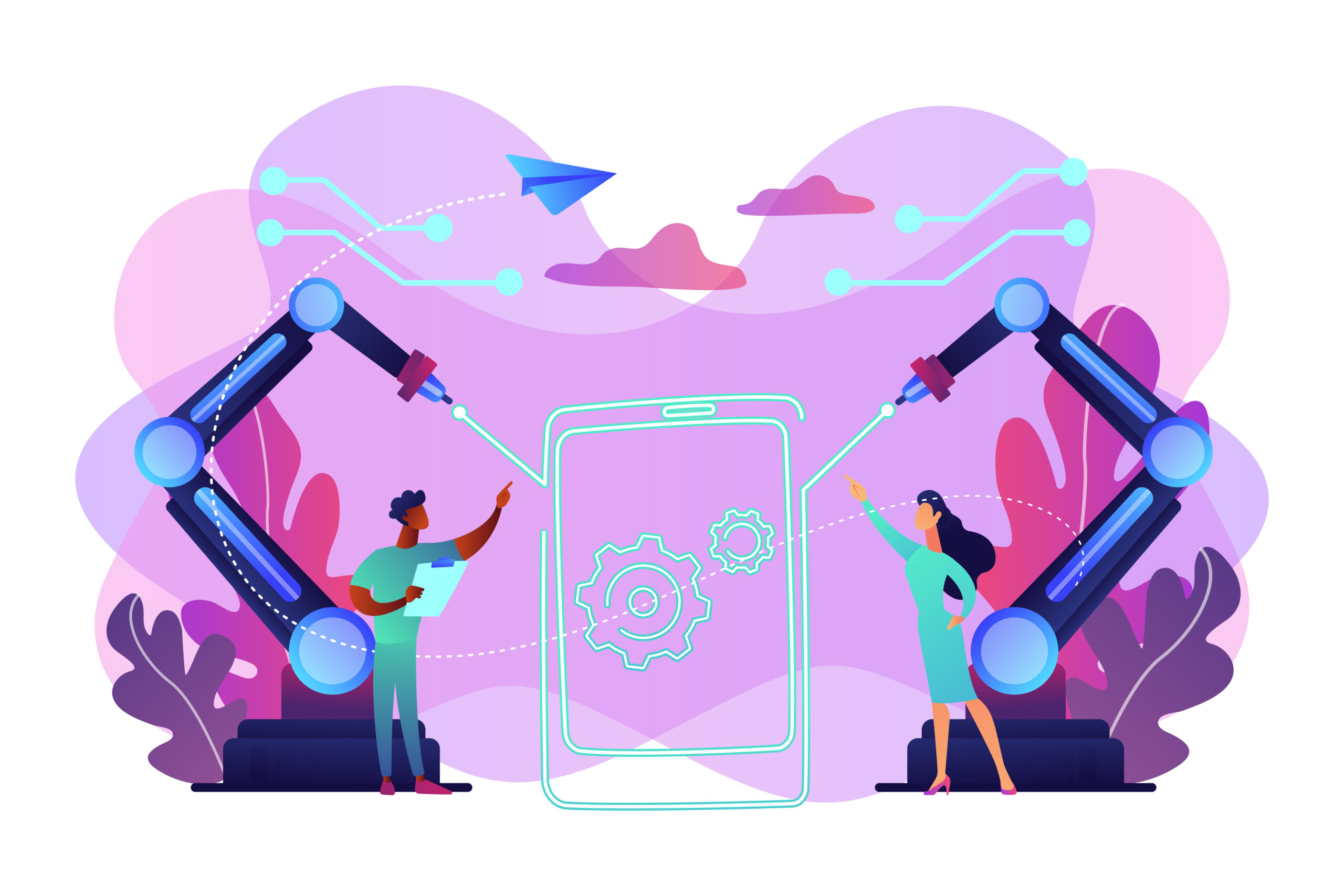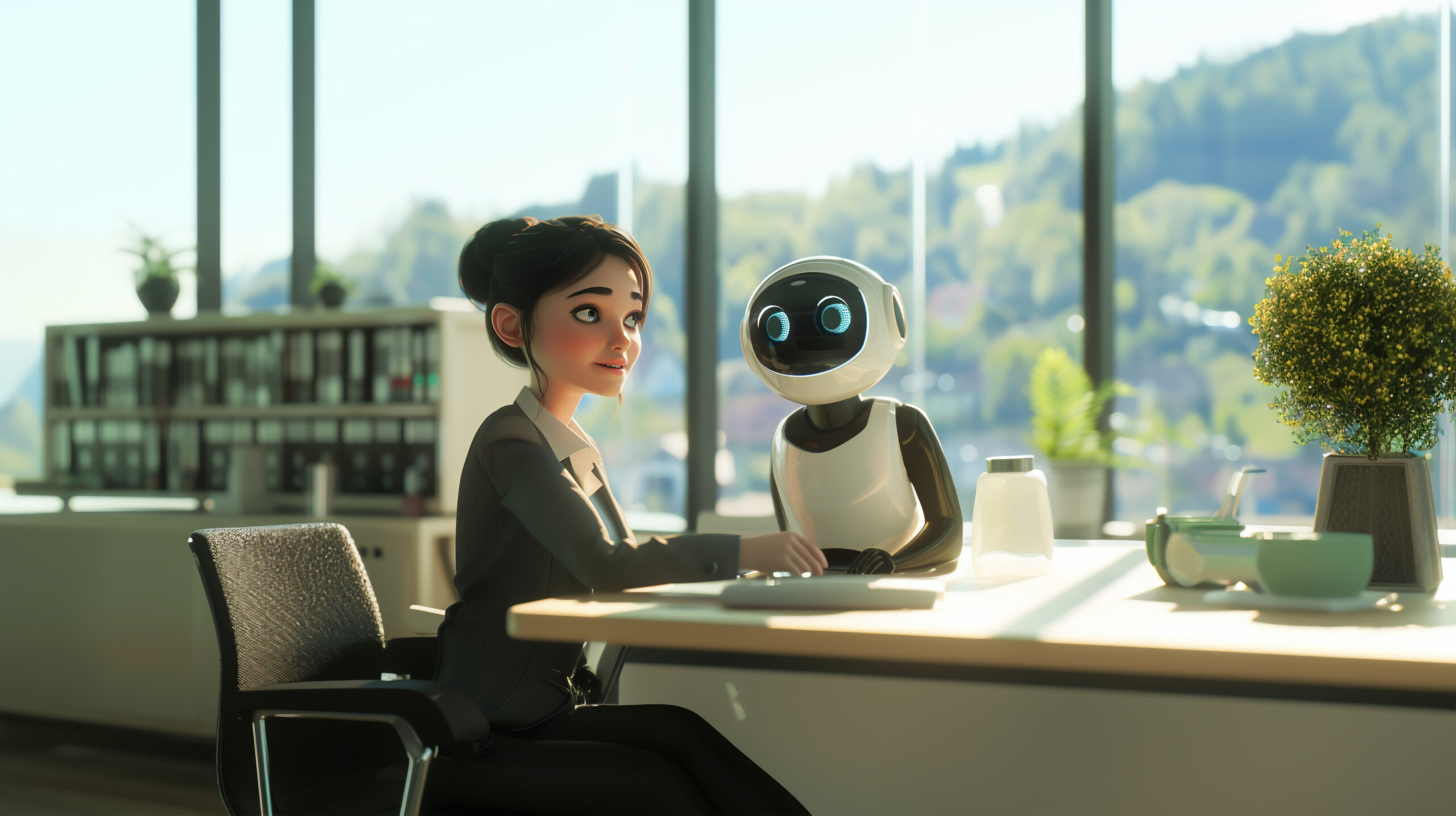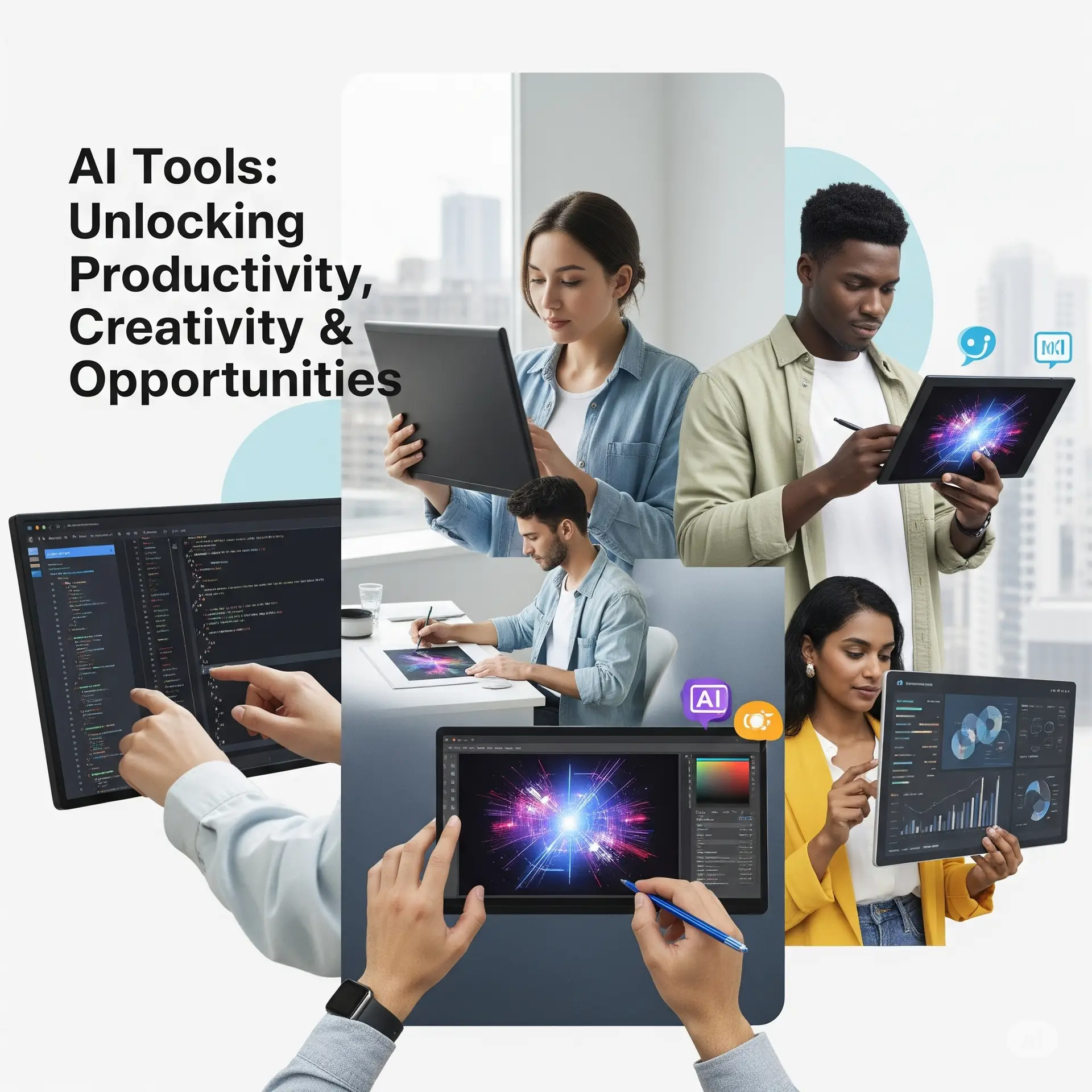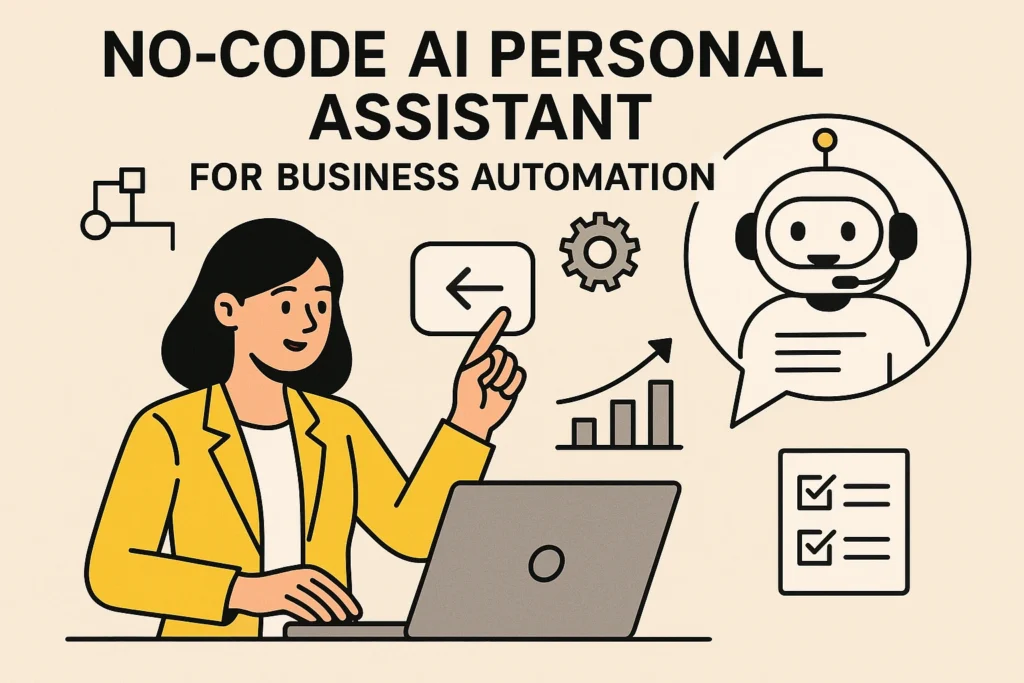Table of Contents
ToggleBill Gates: Innovation, Impact, and India's Future

Bill Gates on Innovation, Philanthropy, and India:
This summarizes key insights and areas from an interview with Bill Gates, focusing on his perspectives on India's role as a global talent hub, his philanthropic endeavors, personal philosophy, and reflections on technology and the future.
I. India: A Hub of Innovation and Talent
Bill Gates expresses significant optimism about India's transformation and its burgeoning role in global innovation.
A. Remarkable Progress and Entrepreneurship
Gates highlights the dramatic changes in India, particularly its entrepreneurial spirit and innovation ecosystem. This observation stems from his long-standing engagement with the country, initially through Microsoft's hiring practices and later through the Bill & Melinda Gates Foundation's health initiatives.
if you go away and come back then you see wow you know the level of Entrepreneurship and the amount of innovation that's actually taking place here it's pretty fantastic.
B. Global Talent Capital
India's emphasis on engineering and software education has positioned it as a "Global Talent capital for the world." Gates cites examples like Satya Nadella and Sundar Pichai as "magic combinations" of engineering and management talent, underscoring the quality of Indian universities, particularly the IITs.
20% of the world's people live here in India and India's had a particular emphasis on you know engineering software.
C. Innovation for Global Solutions
The foundation's work in India has evolved from addressing health challenges to co-creating global solutions. He emphasizes India's capacity for "frugal solutions," which are increasingly relevant for global strategies, especially in areas like digital public infrastructure (e.g., Aadhaar), which can be replicated in other developing regions like Africa.
a lot of our invention is being done here whether it's vaccines obviously we have some incredible partnerships but it's broadening to you know better seeds better diagnostics the ways that we can use AI for health or education.
more and more of the Innovation is been done in India India's you know got a depth of talent and a desire for Frugal Solutions.
II. Philanthropy and Wealth: A Different Approach
Gates outlines his unique philosophy on wealth, inheritance, and the role of philanthropy, especially within the tech sector.
A. Inheritance and Family Values
Gates believes in providing his children with a "great upbringing and education" but intentionally allocates "less than 1% of the total wealth." He contrasts this with traditional dynastic views, noting that the tech sector tends to be "the most aggressive about giving most of it away." He also mentions that younger generations sometimes "are pushing against this idea of the wealth just being passed down mostly."
it wouldn't be a favor to them... I want to give them a chance to have their own earnings and success.
B. Challenges in Global Health and Aid
A major challenge for Gates's foundation work is convincing richer countries to maintain or increase aid budgets for the poorest nations. He encourages empathy by urging people, particularly the young, to observe disparities firsthand, noting India's transparency in discussing "aspirational districts" and sanitation.
some of the rich countries including my country are cutting their aid budgets... the golden rule of treating people like you'd like to be treated.
C. Unsolvable Problems and Scientific Solutions
Gates admits that some problems are resistant to purely financial solutions, citing obesity and behavior change as examples. While acknowledging the value of behavioral approaches like yoga, he leans towards scientific solutions, reflecting his "overfocused on a scientific solution."
a class of drugs called these glp1 drugs that are going to go off patent and become cheap
III. Personal Philosophy and Reflections
Gates shares insights into his personal growth, fears, and the habits that have underpinned his success.
A. Evolution from a "Maniac" to a Learner
Gates describes his younger self (in his 20s) as a "maniac," characterized by intense focus and long working hours. Now, his core behavior is "being a student all the time wanting to learn things" and being "pretty brutal with myself of do I really understand what's going on."
my 20s when you have no wife and no children that's the time to do it.
B. Biggest Misunderstanding and Mistakes
Gates believes the biggest misunderstanding about him is that he has "grand schemes" and that his "values are different than your values." He openly acknowledges major mistakes, such as Microsoft's failure with its phone operating system, allowing Android to dominate. In philanthropy, he cites the ongoing challenges with an HIV vaccine, an affordable toilet, and polio eradication taking longer than anticipated.
C. Fears and the Future of AI
Gates's primary personal fear is his "brain gets less capable" with age, though he finds wisdom can compensate for slight reductions in intelligence. His biggest global fear is the proper shaping of AI, which he lists at the top of a short list of critical issues alongside avoiding the next pandemic, nuclear war, bioterrorism, and climate change.
IV. The Digital Revolution and AI
Gates highlights the transformative power of digital technology throughout his life and its current evolution into AI.
A. The "Miracle of Digital"
He attributes his success and ability to spot trends to his early and deep familiarity with "the miracle of digital," having started programming at age 13. This foundation allowed him to foresee the impact of the internet, digital money, and videoconferencing, as detailed in his book "The Road Ahead."
B. AI as the New Frontier
Gates views AI as "today's equivalent of what I did when I was young," with "unlimited" possibilities. He advises young people to "be a user of AI" and apply it to areas they are passionate about.
the big companies are putting a lot of money into it... [it's like] two or three out of 10,000.
C. Optimism for Disease Eradication
Gates remains deeply committed to disease eradication, especially polio, which he hopes to see eliminated within five years. He believes this success will lend "credibility to go after things like malaria and measles." This aspiration reflects his ultimate goal for his legacy.
that wow there were these diseases around... and now we don't have to think about that.
Frequently Asked Questions: Bill Gates
1. What are some of Bill Gates's biggest misconceptions and fears?
Bill Gates believes a common misunderstanding about him, and other wealthy or powerful individuals, is that their values differ from the average person's, and that they harbor grand, potentially concerning, agendas. He hopes those who truly know him recognize his dedication to philanthropic work and his genuine relationships with family and friends. Personally, his biggest fear is the decline of his cognitive abilities with age, as learning and intellectual engagement have been fundamental to his life and success.
2. How has India evolved in Bill Gates's view, particularly concerning innovation and talent?
Gates observes a remarkable transformation in India, highlighting an "exploded" innovation ecosystem and a significant rise in entrepreneurship. He notes that while the Bill & Melinda Gates Foundation initially focused on health challenges in India, the country has become a hub for invention across various sectors, including vaccines, diagnostics, improved seeds, and the application of AI in health and education. India's emphasis on engineering and software, coupled with its vast talent pool and strong universities, has made it a global capital for top leadership positions in technology, with Indian professionals like Satya Nadella and Sundar Pichai serving as prime examples.
3. What is Bill Gates's philosophy on wealth and inheritance?
Gates believes that individuals should decide how to manage their wealth. In his own case, he chose to leave his children less than 1% of his total wealth, prioritizing their ability to forge their own success rather than relying on an inherited fortune. He views this approach as not creating a "dynasty" and emphasizes that the highest calling for his resources is to return to the neediest through the foundation. He notes that the tech sector, in particular, tends to be more aggressive about giving away a significant portion of their capital compared to other industries.
4. What behavior does Bill Gates recommend for everyone to adopt for success?
Bill Gates strongly advocates for continuous learning and "being a student all the time." He attributes a significant part of his success to his relentless desire to understand new concepts, whether in AI or disease research, and being "brutal with myself" about truly grasping the information. He emphasizes the importance of extensive reading and engaging with people who can teach him, as knowledge, when carefully built, naturally connects.
5. How does Bill Gates view the current landscape of Artificial Intelligence?
Gates sees AI as the modern-day equivalent of the software revolution he spearheaded in his youth, with "unlimited possibilities." While he acknowledges that large companies are investing heavily and the global competitive landscape is intense (with significant advancements even from Chinese companies), he still believes there are opportunities for new companies to achieve "unbelievable success" using AI. However, he cautions that it will be more challenging to get ahead, with success likely limited to "two or three out of 10,000." He advises young people, especially those with a mathematical mind, to learn AI, primarily as a user to enhance creative work and efficiency, rather than necessarily as an underlying developer.
6. What major mistakes has Bill Gates acknowledged in his career?
Bill Gates openly admits to several significant mistakes. In the context of Microsoft, he highlights the failure of their phone operating system, which Android ultimately surpassed. In his foundation work, he points to unachieved goals such as the lack of an HIV vaccine, the ongoing challenge of developing a truly affordable toilet, and the prolonged effort to eradicate polio. These examples underscore the inherent difficulties and setbacks in ambitious, large-scale endeavors.
7. What are Bill Gates's biggest challenges in his philanthropic work today?
Gates identifies several major challenges. Scientifically, he emphasizes the incomplete understanding of malnutrition, pushing for more research despite existing tools to reduce it. Operationally, a significant challenge is convincing wealthy countries, including his own, to continue or increase their aid budgets for the poorest nations, particularly in Africa, which face unique governance, instability, and disease challenges. He expresses disappointment when aid budgets are cut, viewing it as a departure from the "golden rule" of treating others as one would wish to be treated.
8. What is Bill Gates's ultimate hope for his legacy?
Bill Gates desires for his legacy to be defined not by personal accolades, but by the eradication of major diseases. He hopes that future generations will look back at terms like "polio" or "malaria" with unfamiliarity, much like "consumption" (tuberculosis) is perceived today. His ultimate goal is for people to recognize that these problems were overcome because he championed and invested "great thinking and resources into ending those problems." He specifically anticipates polio being eliminated within five years, which he believes will lend credibility to pursue the eradication of other diseases like malaria and measles.
Posts Gallery

Agentic AI for Enterprise Automation
Discover how Agentic AI revolutionizes enterprise automation, boosting efficiency and strategic decision-making.
Read More →
How Agentic AI Works: Intent to Execution
Unpack the intricate process of Agentic AI, from understanding user intent to executing complex tasks autonomously.
Read More →
Purpose & Use Cases of Agentic AI
Explore the diverse applications and strategic importance of Agentic AI across various industries and daily operations.
Read More →
What is Agentic AI?
A foundational article explaining the core concepts of Agentic AI, defining its components and its role in modern automation.
Read More →
Why Agentic AI?
Understand the compelling reasons and significant benefits that make Agentic AI a transformative technology for efficiency and innovation.
Read More →
AI Tools Spotlight
A comprehensive overview of cutting-edge AI tools that are shaping the future of automation and intelligent systems.
Read More →

